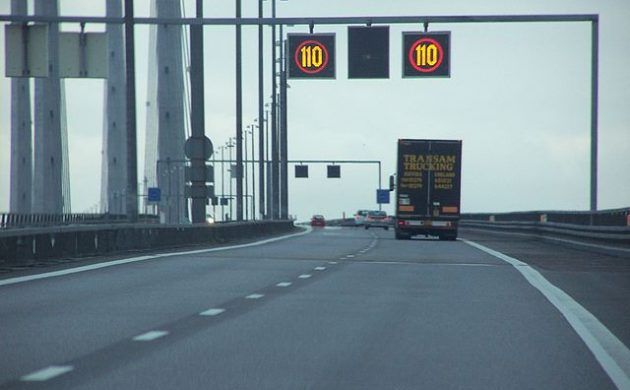The EU Commission has decided the grounds for there being border controls at Denmark’s borders with Germany and Sweden no longer exist.
The EU migration commissioner, Dmitris Avramopoulos, maintained yesterday that the unique situation the EU nations were in six months ago no longer exists and there is accordingly no reason to have the border controls.
“The conditions to approve them are no longer present,” Avramopoulos told Swedish media SvD.
As a result, the 20-month border controls Denmark has with Sweden and Germany will end on November 12 – as will similar border controls in Austria and Norway.
READ MORE: Rigid border controls detrimental to Scania’s economic growth, report suggests
Inger not having it
Or will it? Because it doesn’t look like the Danish government has any intention of following the demands of the EU.
“It is the Danish government and not the EU Commission that will decide whether the border control will continue. And I believe there is a need for a continued border control,” the Danish integration minister, Inger Støjberg, told TV2 News.
The government in Sweden has also expressed a sceptical standpoint on the EU demands, and if the two Nordic nations fail to adhere to the demands, the case could end up in the EU Courts.
The border controls in Denmark and Sweden were established back in January 2016 in response to the heavy flow of migrants fleeing Syria and other areas of strife.














